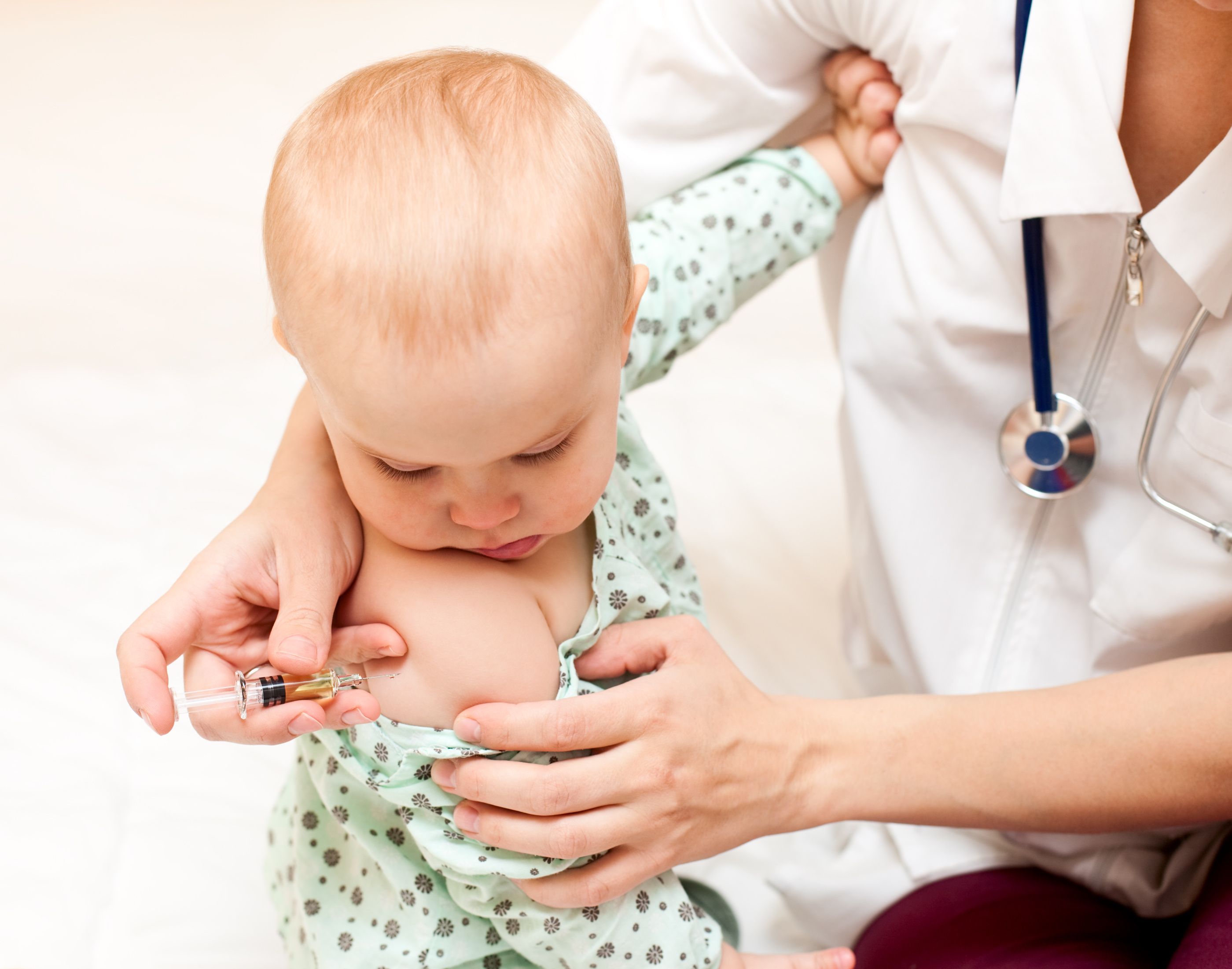News
Article
CDC Recommends Beyfortus for Routine Use to Protect Infants, Young Children Against Respiratory Syncytial Virus
Author(s):
Nirsevimab (Beyfortus) is the first respiratory syncytial virus (RSV) preventative drug to be approved by the FDA, and can protect infants through their first RSV season for up to 5 months.
The US Centers for Disease Control and Prevention’s (CDC) Advisory Committee on Immunization Practices recently recommended the routine use of nirsevimab-alip (Beyfortus; Sanofi and AstraZeneca) for the prevention of respiratory syncytial virus (RSV) lower respiratory tract disease. This treatment is recommended for newborns and infants aged younger than 8 months during or entering their first RSV season, as well as children aged 8 to 19 months who have an increased risk of contracting the disease and entering their second RSV season. Further, nirsevimab was voted to be included in the Vaccines for Children program, which helps to support equitable access for all qualified infants.
Image credit: Dmitry Naumov | stock.adobe.com

Following an extensive clinical development program that spanned across 3 pivotal late-stage clinical trials, nirsevimab was approved by the FDA on July 17, 2023. The trials indicated that a single dose of nirsevimab delivered high, consistent, and sustained efficacy against RSV lower respiratory tract disease for up to 5 months, the duration of a typical RSV season. Sanofi and AstraZeneca agreed to develop and commercialize the treatment in March 2017, with Sanofi leading the commercialization activities and records revenues, and AstraZeneca leading development and manufacturing activities.
Nirsevimab is a single-dose injection that offers rapid protection to help prevent lower respiratory tract disease caused by RSV without activating the immune system. It is the first RSV prevention that has been approved in the United States to protect all infants—including those born healthy at term or preterm and with specific health conditions making them more vulnerable—through their first RSV season. In addition, children up to 24 months of age who are vulnerable to contracting the virus through their second RSV season are eligible to receive nirsevimab treatment.
According to the CDC, RSV is an incredibly contagious virus that can lead to severe respiratory illness for infants. Typical RSV symptoms include runny nose, coughing, sneezing, wheezing, fever, and reduced appetite. In the United States, RSV is the leading cause of hospitalization in infants younger than 12 months of age, which is approximately 16 times higher than the annual rate for influenza.
Approximately 75% of infants who are hospitalized for RSV are born healthy at term and without underlying conditions. During their first year of life, 2 out of 3 infants are infected with RSV, and nearly all children contract the virus before the age of 2 years. Annually, an estimated 590,000 RSV cases in infants younger than 1 year of age require medical care that includes physician office appointments, urgent care and emergency department visits, and hospitalizations.
Although nirsevimab can prevent RSV, there are potential adverse effects (AEs) including swelling of the face, mouth or tongue, difficulty swallowing or breathing, unresponsiveness, bluish color of skin, lips, or underneath the fingernails, muscle weakness, severe rash, hives, or itching; however, the most common AEs may include rash and pain, swelling, or hardness at the site of the patient’s injection. Health care providers recommend that infants and children should not receive nirsevimab if there is a history of serious allergic reactions to the drug or any of its ingredients.
“For the first time, parents in the US can enter a winter virus season knowing there is an antibody designed to protect their infants from RSV disease, the leading cause of hospitalization for babies under the age of 1, said Michael Greenberg, MD, MPH, the North America medical head of vaccines of Sanofi, in a press release. “Sanofi is committed to continuing to work with stakeholders across the RSV care continuum to help ensure the seamless implementation and broad availability of this innovative prevention strategy. Our goal is to provide all babies with access to Beyfortus ahead of the upcoming 2023-2024 RSV season.”
Reference
Sanofi. Beyfortus TM (nirsevimab-alip) recommended for routine use to protect infants against RSV disease in CDC Morbidity and Mortality Weekly Report. News release. August 24, 2023. Accessed August 29, 2023. https://www.news.sanofi.us/2023-08-24-Beyfortus-TM-nirsevimab-alip-recommended-for-routine-use-to-protect-infants-against-RSV-disease-in-CDC-Morbidity-and-Mortality-Weekly-Report






